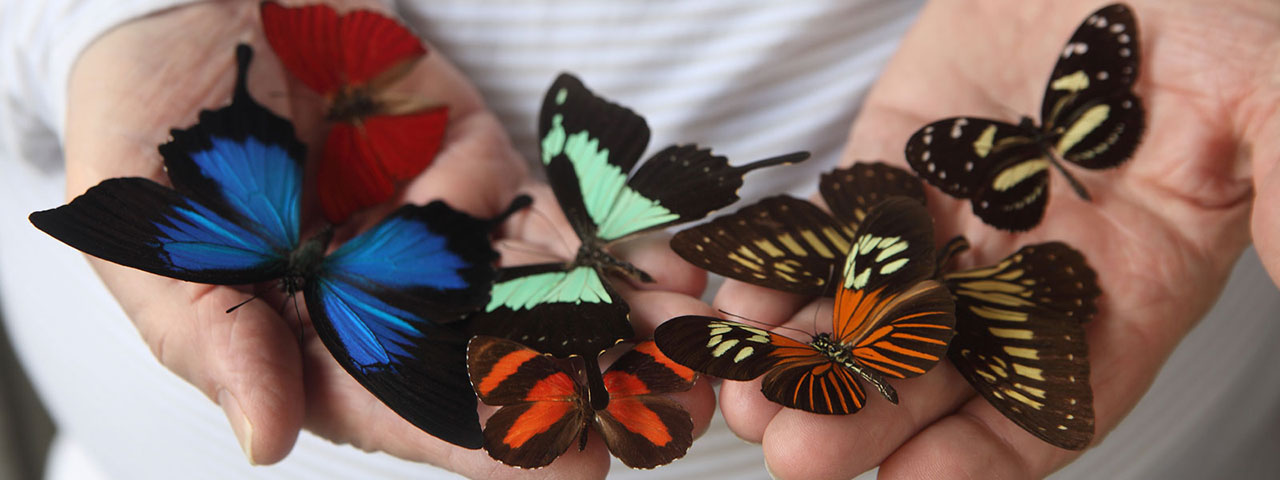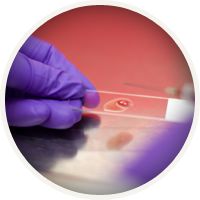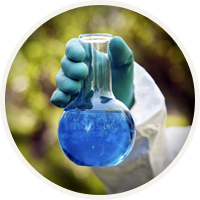
If insects bug you, steer clear of this career. Entomologists do experiments on multi-legged critters either in labs or in the wild. Insects may seem tiny and meaningless, but they have a huge impact on our planet. As an entomologist you might study things like how to stop pesky locusts from destroying crops, headline-grabbing diseases like West Nile Virus, and ways that butterflies seduce their mates (they use their wings to flirt!). If you work at a university, as many in this field do, you'll have the chance to teach, write, and travel. Beyond the academic setting, you could be hired by a law enforcement agency using insect biology to solve crimes, a pest control company, or a nonprofit group that educates farmers about crop protection. It's the kind of job where every day might be a little different, so you'll probably never be bored.
The Details
By protecting people and crops from insect-borne diseases and destruction, you'll contribute in a big way to public health and safety.
Entomologists make discoveries about fascinating creatures like the Goliath Bird-Eating Spider, an arachnid the size of a dinner plate who snacks on insects, bats, mice, and, yup, baby feathered friends.






